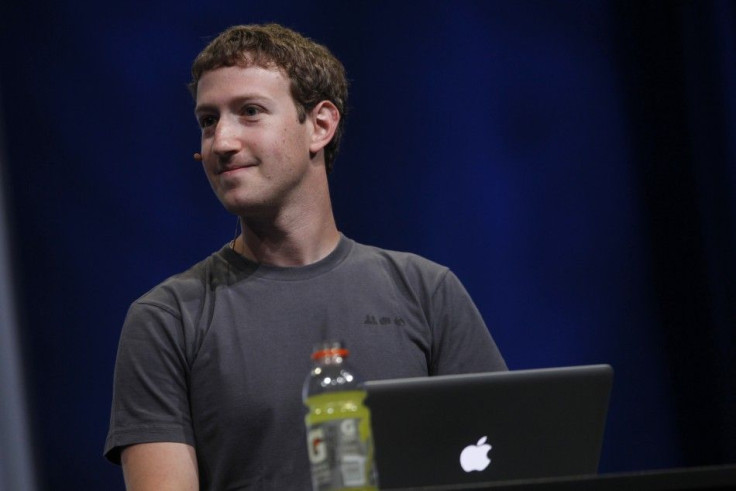Can U.S. Government Partnership with Facebook Reduce Unemployment Rate?

Last month, the Obama administration announced a partnership with Facebook intended to help Americans find jobs and employers find employees via social media.
The public response has been mostly positive, and officials say they are confident that, coupled with efforts to strengthen the economy, the new initiative will make a significant dent in the unemployment rate.
Jindrich Liska, the CEO of JobMagic.com, which helps employers publicize job openings through social media, said he thought the partnership had definite potential to reduce unemployment.
Social media, especially Facebook, currently covers the majority of the population in the United States, Liska said. So right from the start, when it comes to employment, you're essentially tapping into the largest talent pool in the world.
In fact, although there are four people for every job opening and the political spotlight has rightly been on creating new jobs, there is an additional dimension to the problem of unemployment. Currently, there are about three million jobs that are open but can't be filled because applicants don't have the right skills -- and that is because the people who do have the right skills aren't finding the listings.
There's a gap we can't seem to close. There are great people out there who are looking for jobs and great employers who can't find the right talent, Marne Levine, Facebook's vice president of global public policy, said at a press conference announcing the initiative last month. At Facebook, we are in the business of connecting.
Addresses the Gap
The government developed its partnership with Facebook to address that gap in several ways, officials say.
First, there is the fact that recruiting through social media is much less expensive than recruiting through other means. For example, although job posting sites like Monster.com are often free for job-seekers, they are almost never free for employers, Liska said.
For this reason, bringing social media onto the recruitment scene is especially beneficial for those small businesses that find traditional recruiting processes price-prohibitive -- the same businesses that are responsible for creating the majority of new jobs.
But even Fortune 500 companies can find more and better candidates through Facebook: Liska said JobMagic counts businesses as big as Sony and TJX Companies (which owns, among other retailers, T.J.Maxx, Marshalls and A.J.Wright) among its clients.
Very quickly, we have seen that social media does not discriminate against any businesses or any kind of job-seekers, he said. We have companies you would think do not have a problem to hire people because of their brand, their size, their presence -- but you'd be surprised how difficult it is for them to fill jobs.
Makes Recruitment Less Cost-Prohibitive
Liska identified two ways, aside from making recruitment less cost-prohibitive, in which the Facebook-government partnership will be an improvement over traditional job markets.
The first is the size and scope of social media. Traditional venues typically are only for active job-seekers and only for certain segments of the industry -- for example, health care is very poorly covered on Monster, he said. But on Facebook, you get coverage across everybody. Whatever job you can imagine, there's probably going to be a job-seeker somewhere on Facebook that would make a good fit.
Secondly, there is the viral nature of social media, he said. With job boards, you as a job-seeker have to come to a job board to see the job postings. But on Facebook, a job is shared by your friend through their news feed, and all of a sudden you will see the job as well without the need to go to the third-party Web site. It's happening in the ecosystem where you interact, where you share other things.
In announcing the initiative, Labor Secretary Hilda Solis noted that developing good resources for job-seekers is not as important as publicizing those resources.
Our resources are only as good as when people use them, Solis said -- and Facebook will allow the government to reach more than 100 million people in one fell swoop.
When companies of all sizes and from all industries -- schools, hospitals, charities, etc. -- began using JobMagic, all of a sudden they were able to see people they didn't see before, Liska said. I would expect the same will happen for this Facebook and U.S. government partnership.
© Copyright IBTimes 2024. All rights reserved.




















